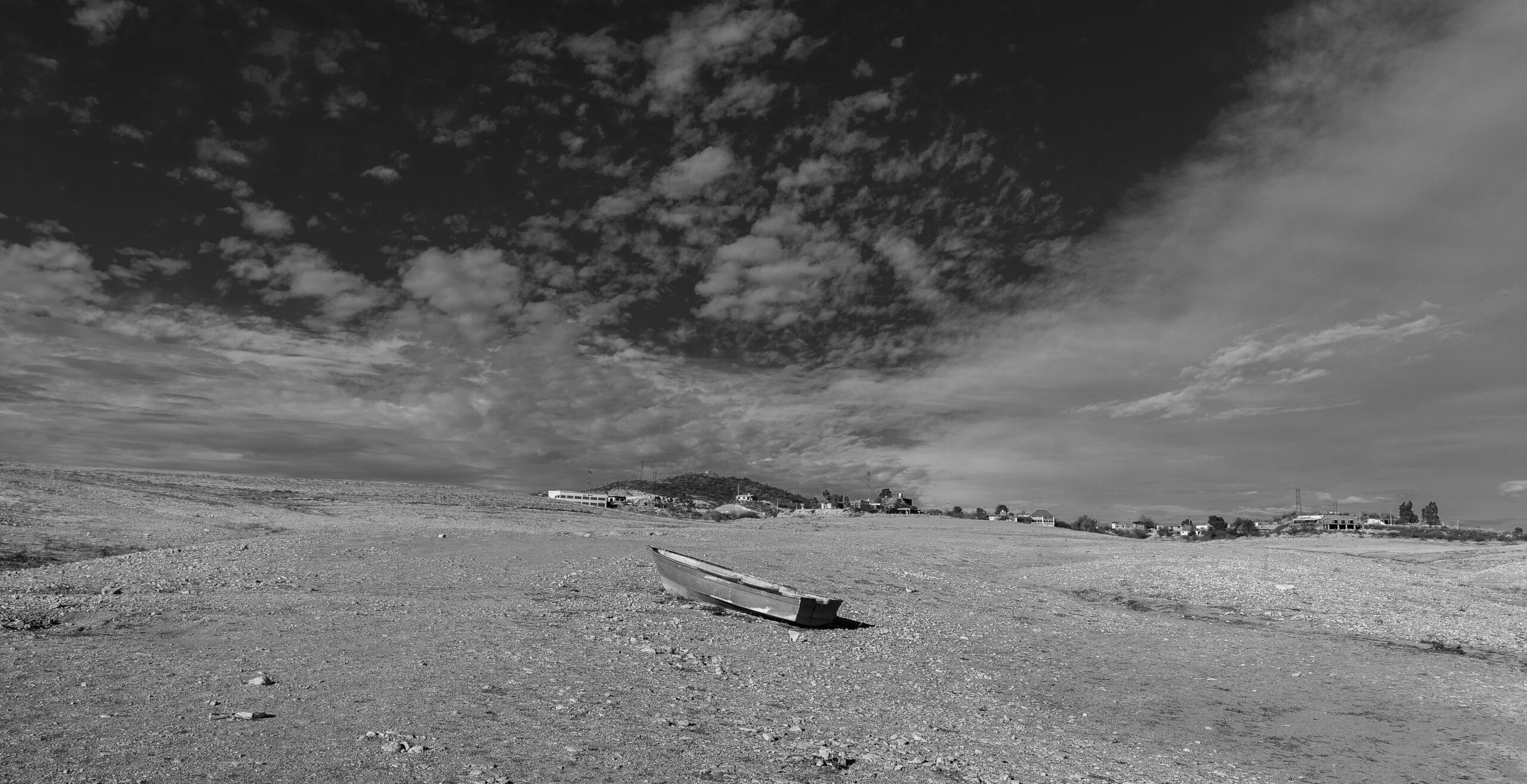ustxtxb_obs_1986_06_27_50_00017-00000_000.pdf
Page 5
Decker defend his book, The God Makers, banned from that city’s Murphy Memorial Library . While Decker spoke, the auditorium “echoed with Amens and hallelujahs.” A library representative said the book was rejected because it is too controversial and biased and because it belittles a faith. 1/ Campaign contributions by political action committees in each two-year election cycle would be restricted to a mere $100,000 for U.S. House’ candidates and to between $175,000 and $750,000 for Senate candidates, depending on a state’s population, if a . bill pending in Congress -becomes law. The bill is co-sponsored by Democratic U.S. Reps. Jake Pickle of Austin, Albert Bustamante of San AntoniO, and John Bryant of Dallas, and has the support of Common Cause of Texas, the Gray Panthers; People for the American Way, Public CitiZen, Tarrant County Democratic Women’s Club, Tarrant County Senior Citizens Alliance, the. American Association of University Women Association, and the Texas Women’s Political Caucus. With Rep. John Bryant of Dallas in the lead, the U.S. House passed an extensive revision of the antiqUated federal rape statutes. Under the Sexual Abuse Act of. 1986 passed without a record vote homosexual rape is proscribed for the first time, forms of sexual abuse other than rape are made illegal, spouses are not exempted frbm the rape statute, and a person raped is not required to,have struggled physically against the attacker. Presidential Tippytoe In a recent Austin American-Statesman column, Dave McNeely reported that Sen. John Montford of Lubbock said he was “dumbfounded earlier this year when a poll of his district showed his constituents like President Reagan but not his policies,” while indicating that they like Gov. Mark White’s policies but dislike him. McNeely said, “Montford blamed the national administration for failing to respOnd to the oil crisis.’ “But,” MOntford said, “for some reason the President can tippytoe through all of that and his image is not even scratched .-and everybOdy else is taking a hit.” BOOKSAND-THE-CULTURE Places. to Hide AFLATLAND FABLE is another of Joe Coomer’s fine, small tales. I do not use the word “small” to disparage the work. On the contrary,’ Coomer, in Flatland, like Larry McMurtry and John Updike in their early works, is a master of lyric brevity, able to compress a resonant novel into fewer than 200 *pages. Coomer manages to write the world into a small space, and like a brain surgeon with his scalpel, wields. his pen accurately and incisively. Although Coomer’s novel lacks the dense, layered complexity of a book like Robert Stone’s A Flag for Sunrise, it holds its own quite well when judged against others in its weight class, such as’ McMurtry’s Horseman, Pass. By and Updike’s The Poorhouse Fair. Coomer, who lives in Azle, Texas, and is a graduate of SMU, is the author of two previous novels. The Decatur Road, his first, won the Texas Institute of Letters Award for Best Fiction in 1983 and established its young author Gary Pomerantz, a regular Observer contributor, is a freelance writer living in Houston. vital new voice in American fiction. In Decatur Road, Coomer packed fifty years of .a family’s life in the Appalachian hill country of. Kentucky into 192 pages of poetic prose. His second .novel, Kentucky ,Love, published last year, was also set in the Jush, verdant farmlands of Appalachia,’ but it was markedly A.FLATLAND FABLE By Joe Coomer Austin: Texas Monthly Press, 1986 167 pages, $12.95 different from Decatur Road. Kentucky Love tells the story Of a young man’s coming of age of first love and loss of loVe, of the usual college student shenanigans, and of a young “man measuring himself against the World: It reads more like a first novel than a second, although it, too, given the shortcomings of the genre in which it is written, is a small, nearly perfect creation. It, too, is a slender book 185 pages. Now, with A Flatland Fable, Coomer’s shortest . book yet, he returns stylistically, to the technique of close observation he used so well in his first book, although he shifts his focus from the rich hill country of Decatur and Kentucky to a place where “The land for miles around is a level spot, flat ground,” and where “. . . there is just the flatness with some grass, a little range brush, and an occasional rock.” OOMER’S STORY takes place in Eckley and tells of a day’ in the life of Horgan, Eckley’s fireman and Little League coach. In Eckley, “there is very little or nothing going on at all. . . . A good long slow rain wouldn’t hurt.” The town is noted only for its large grain elevator, owned and operated by Miss Marian Eckley, the town tyrant and benefactor. Most of the able-bodied men in Eckley are employed at the Eckley Grain Elevator, and Miss Eckley, although the town’s only major employer, is not a kind or munificent boss. About the only thing to do for fun in Eckley is play baseball; lucky for the residents that the land is made for it. “The land for miles around is a baseball field,” Coomer writes. “Carry a home plate with you and you can stop anywhere, plug it in, and begin play, hit away.” . Horgan is a passive, intelligent, middle-aged man who had the great, good fortune to marry a young, lusty woman. Kidder, Horgan’s wife, is a perfect.portrait of fidelity and love. The only hitch is that she wants a child, and, so far, after six months of trying, has no luck. But Kidder will not be defeated, and in the day’s action that Coomer’s book frames, she and Horgan try again and again. They try first thing in the morning \(“I think I can,” Horgan “Let me finish my Spaghetti-Os first,” Horgan THE TEXAS OBSERVER 17 By Gary Pomerantz


